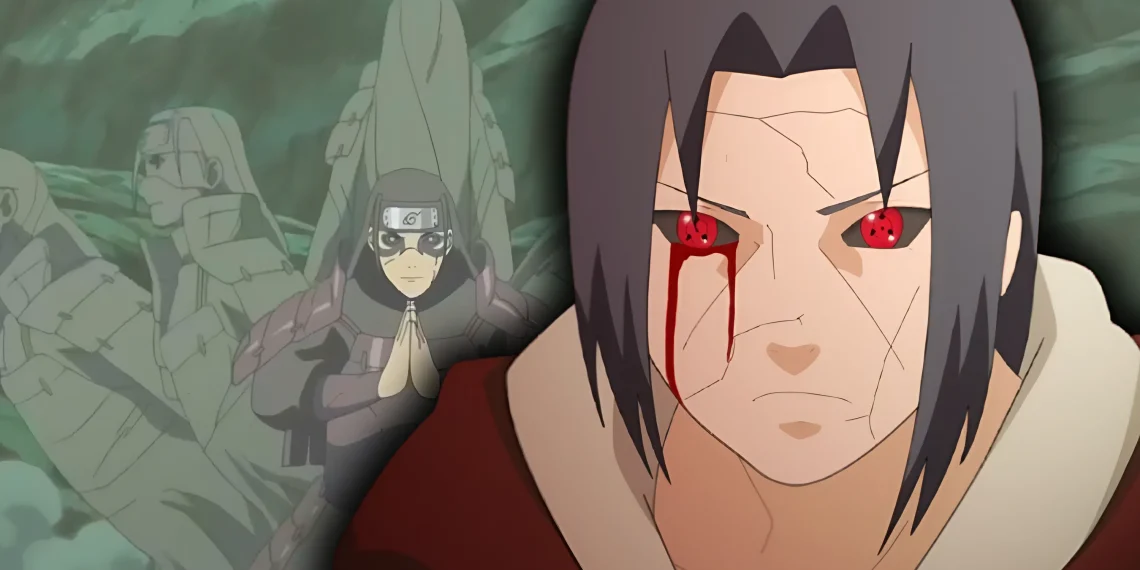In the intricate drapes of Naruto, few characters evoke as much fascination and debate as Itachi Uchiha.
His life story is a haunting blend of tragedy, sacrifice, and philosophical depth that resonates with fans long after they have finished the series.
Yet, a significant flaw one that profoundly impacts his fate is the mysterious illness that ultimately claims his life during his climactic battle with his brother, Sasuke.
This illness, shrouded in ambiguity, has led fans to speculate: what if Itachi had been free from this disease?
Would he have become the strongest shinobi from the Hidden Leaf Village, fundamentally altering the course of the Fourth Great Ninja War?
The Tragic Legacy of Itachi Uchiha
To understand the potential impact of a disease-free Itachi, we must first explore the character’s tragic legacy.
Itachi is often hailed as one of the strongest members of the Uchiha clan, a prodigy who achieved the rank of Anbu captain at a young age.
Yet, his brilliance was overshadowed by the burden of his responsibilities. Faced with the grim reality of a coup being planned by his clan against the Hidden Leaf Village, Itachi made the agonizing decision to eliminate his family to prevent a larger conflict.
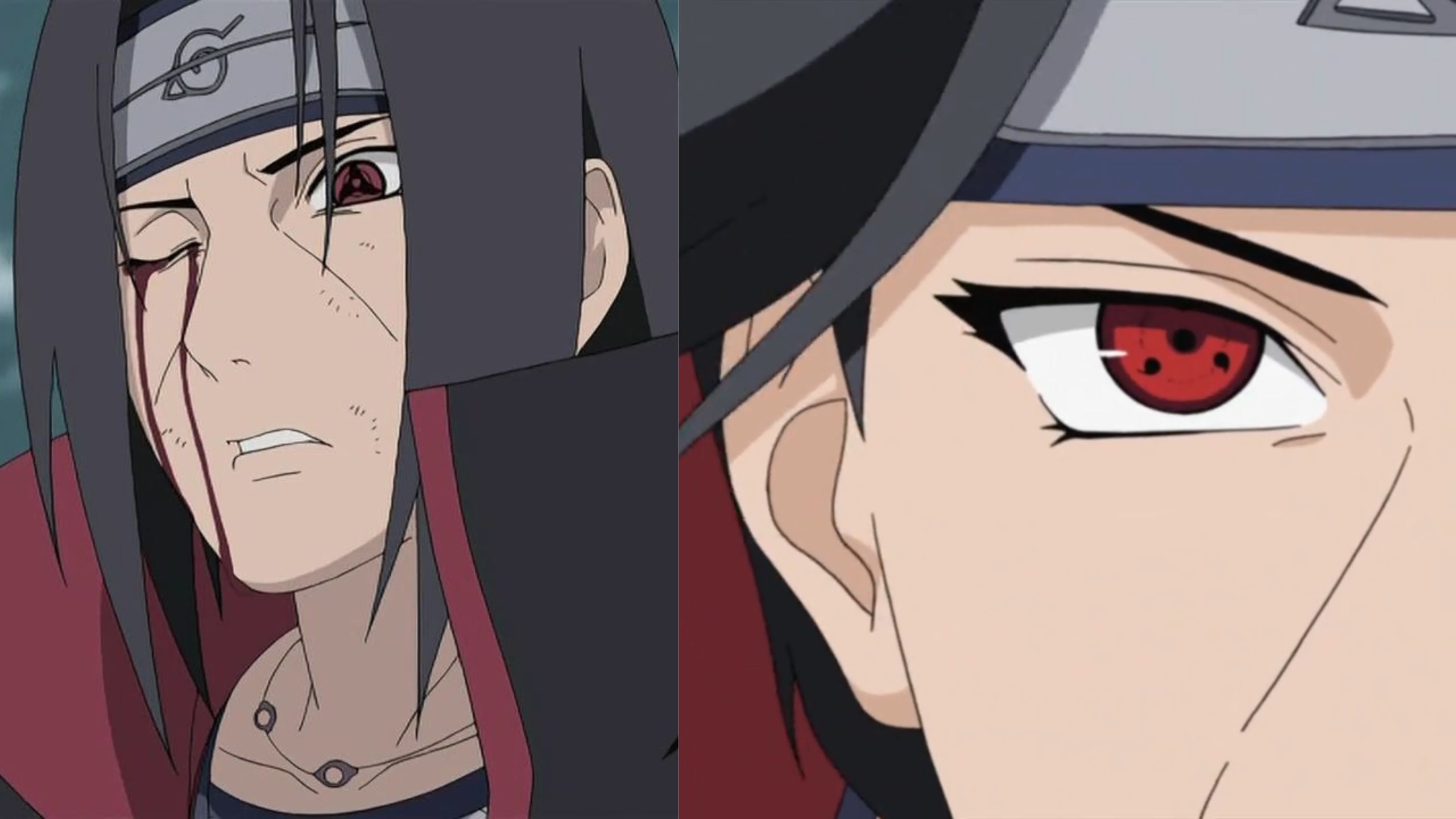
This act of desperation painted him as a villain in the eyes of many, including his younger brother, Sasuke, who was left with an insatiable thirst for revenge.
The complexity of Itachi’s character lies in his motivations. He believed that sacrificing his family was the lesser evil, aimed at preserving peace in the village he loved.
This pacifistic philosophy is a recurring theme throughout the series, influencing various characters and plotlines.
However, the internal conflict it engendered within Itachi also rendered him vulnerable. His life was a series of sacrifices, leading to his eventual confrontation with Sasuke a moment that many fans awaited with bated breath.
As their battle unfolded, the intensity was palpable. However, just as Sasuke seemed ready to claim his long-awaited vengeance, Itachi’s frail body succumbed to the very disease that had plagued him for years.
His death came as a shock not only to Sasuke but also to the audience, raising a multitude of questions about what could have been.
The Mystery of Itachi’s Disease
The specifics of Itachi’s disease remain one of Naruto’s enduring mysteries. Kishimoto has chosen not to disclose its name or origins, leaving fans to speculate on its nature.
Some theories suggest that it could be a result of the excessive use of his ocular powers, particularly the Mangekyō Sharingan.
This ability, while incredibly potent, is known to come at a great cost, often leading to blindness and other physical ailments.
If this were the case, it highlights a tragic irony: the very powers that made Itachi formidable also contributed to his downfall.
Now, imagine a scenario where Itachi is freed from this debilitating illness. What if he had never contracted the disease, or perhaps, received treatment that allowed him to live a longer, healthier life?
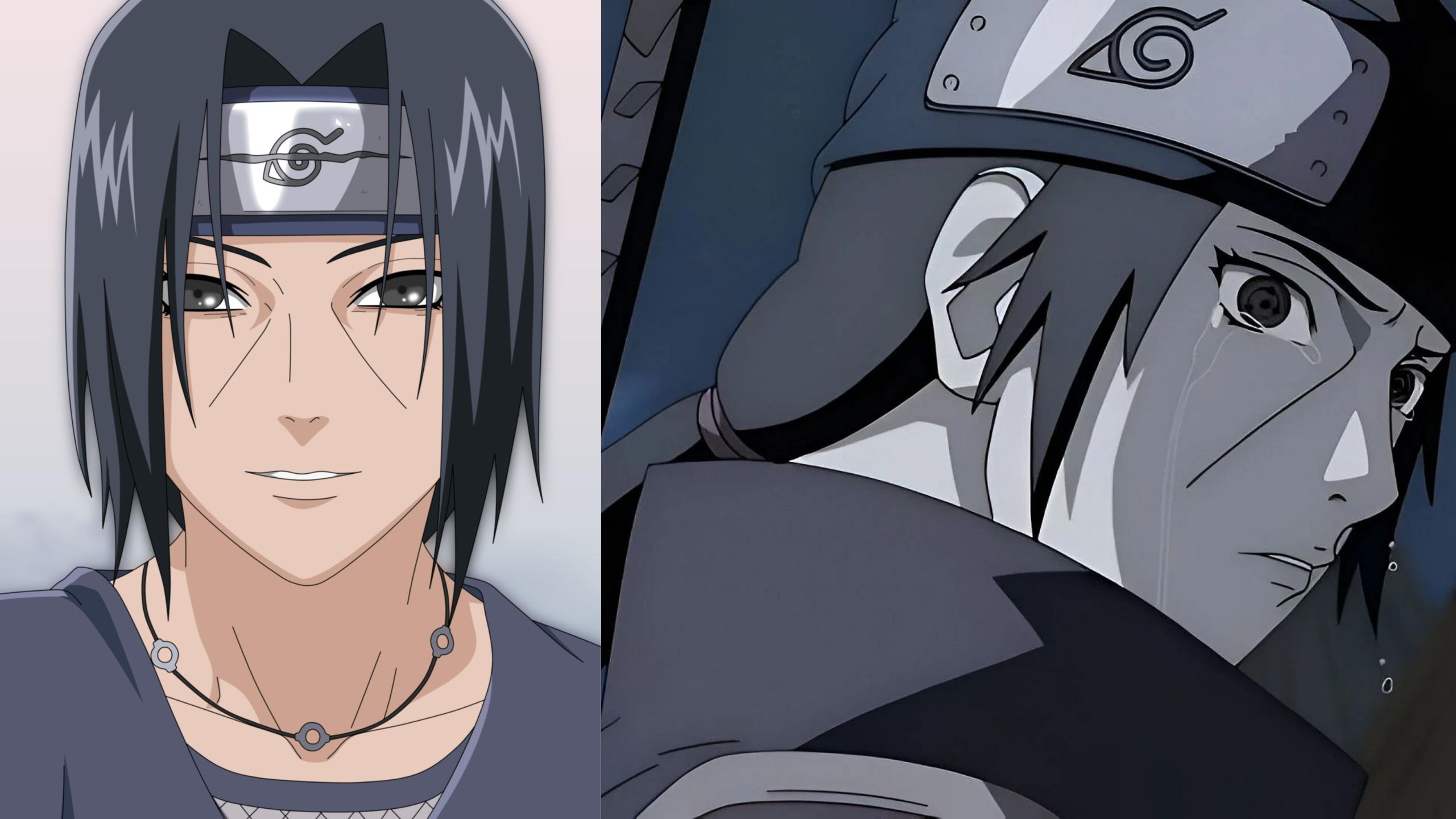
The ramifications of this change could be staggering, not just for Itachi, but for the entire narrative of Naruto.
Hashirama’s Cells: A Potential Cure
The crux of this theory lies in the potential of Hashirama Senju’s cells to cure Itachi’s disease.
Hashirama, the First Hokage and one of the most powerful shinobi in history, possessed unique abilities that included extraordinary healing powers and longevity.
His cells have been shown to enhance vitality and even reverse some forms of injury and illness.
If Itachi had managed to acquire these cells, the course of his life and the lives of those around him might have changed dramatically.
The idea of Hashirama’s cells being used to extend life is not merely speculative. In the series, we see Madara Uchiha, another prominent Uchiha clan member, undergo a transformation after injecting himself with Hashirama’s cells.
Following his climactic battle with Hashirama, Madara faced death due to his injuries and sought to prolong his life through this means.
By activating the Rinnegan and using Hashirama’s cells, Madara was able to continue his plans for a world that he sought to reshape.
The Implications of a Healthier Itachi
A Stronger Bond with Sasuke
If Itachi had received Hashirama’s cells before his confrontation with Sasuke, he would not only have extended his lifespan but also his capacity to engage meaningfully with his brother.
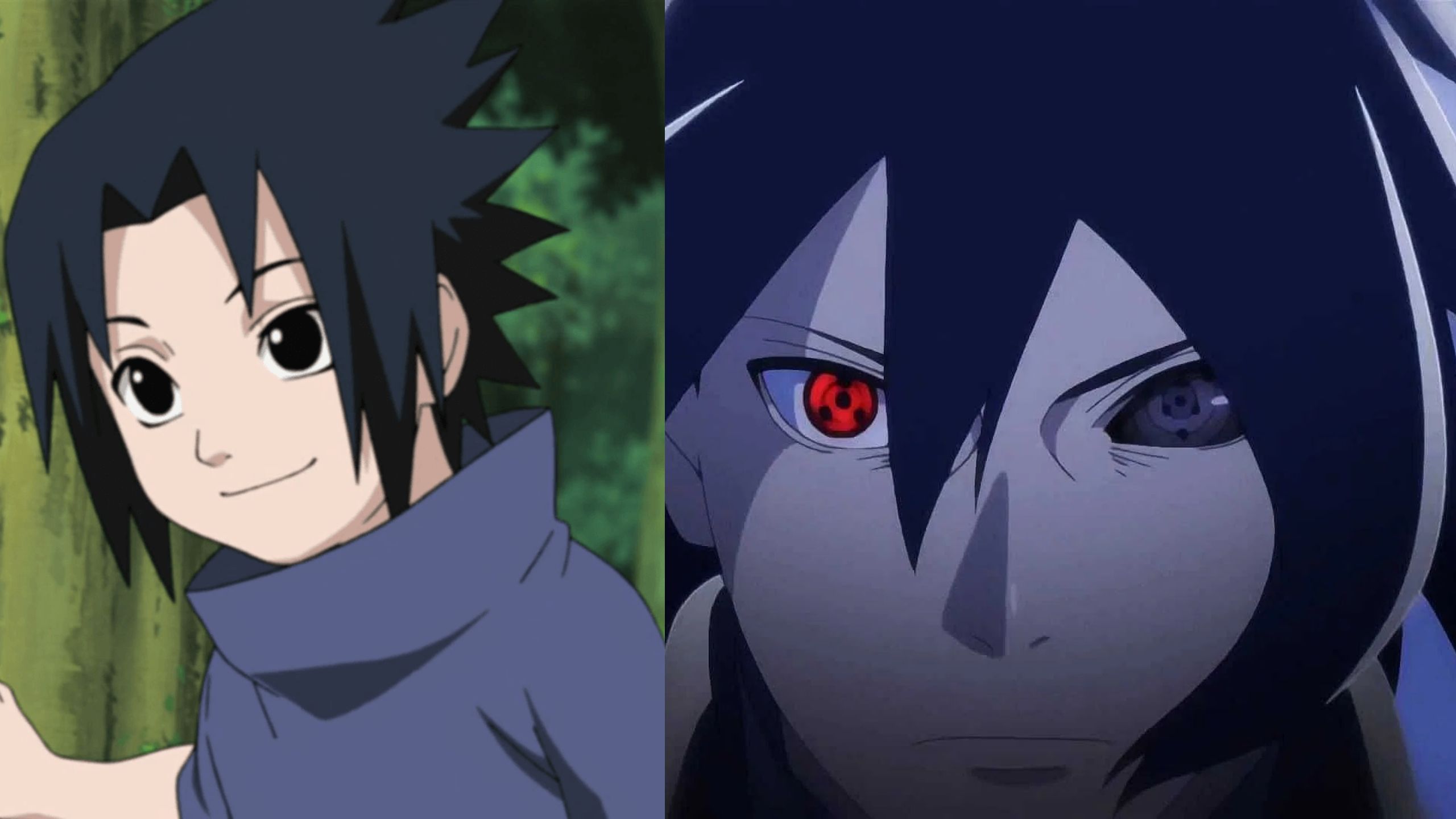
Instead of the tragic end to their battle, a healthier Itachi could have taken the opportunity to guide Sasuke, helping him steer across the treacherous waters of revenge and hatred.
Imagine Itachi, with his newfound strength, sitting down with Sasuke to explain the broader implications of their family’s actions.
He could have articulated the importance of forgiveness and understanding, sharing his own burdens and regrets.
This dialogue could have altered the trajectory of Sasuke’s character development, steering him away from the path of vengeance and towards one of healing and reconciliation.
A Pacifist’s Influence on the Ninja World
Itachi’s ideals were shaped by a deep understanding of the consequences of war. If he had survived, he might have become a crucial figure in the efforts to unite the various ninja clans.
With his reputation as a tragic hero, Itachi could have served as a bridge between factions that were often at odds, fostering dialogue and collaboration in a world rife with conflict.
His presence could have fundamentally shifted the dynamics within the Hidden Leaf Village, helping to quell tensions before they escalated into the Fourth Great Ninja War.
The possibility of Itachi serving as a mediator is not far-fetched, considering his natural charisma and wisdom.
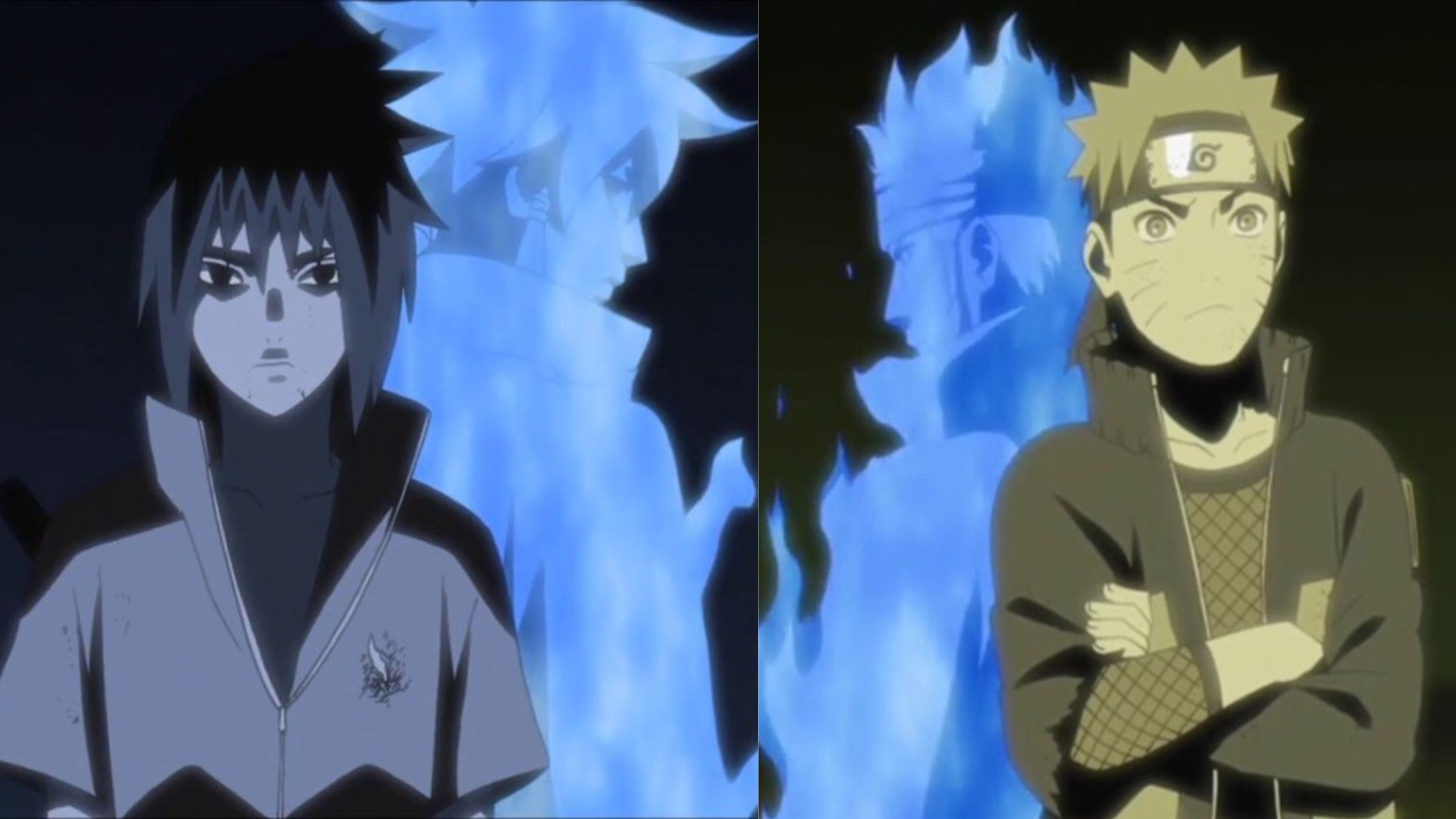
He could have used his influence to advocate for peace, emphasizing the need for unity over division in a world where conflict was all too common.
The Fourth Great Ninja War: A Different Outcome?
The specter of the Fourth Great Ninja War looms large over the narrative of Naruto. It serves as a culmination of the various conflicts and rivalries that have festered throughout the series.
However, if Itachi had been alive and healthy, his involvement in the war could have drastically altered its course.
Stopping the War Before It Begins
It’s conceivable that Itachi, with his immense power and strategic intellect, could have worked to prevent the war before it began.
By leveraging his connections and status, he could have orchestrated negotiations that brought together the warring clans.
His ability to empathize with others, stemming from his own experiences, would have made him a powerful advocate for peace.
The series depicts numerous instances of misunderstandings and grievances that escalate into violent conflict.
If Itachi had stepped in to mediate these disputes, he might have been able to foster a more cooperative atmosphere among the clans, preventing the conditions that led to the war.
Facing Madara Uchiha and Obito
Even if the war had still erupted despite Itachi’s efforts, his presence on the battlefield would have undoubtedly changed the dynamics of the conflict.
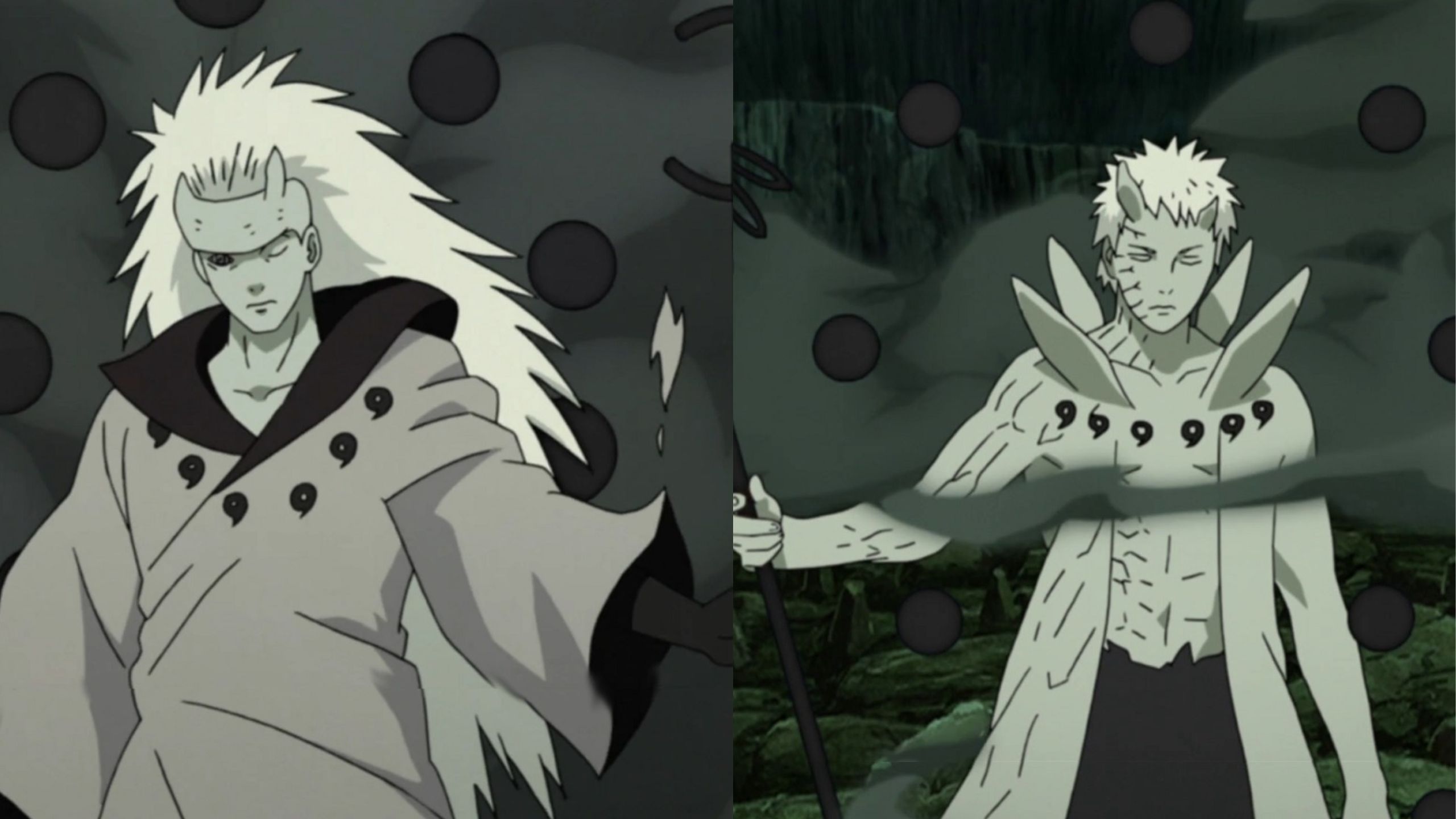
Itachi possessed extraordinary skills, including his mastery of the Sharingan and the powerful abilities granted by the Mangekyō Sharingan.
His experience and intelligence would have made him a formidable opponent for major antagonists like Madara and Obito.
Imagine a scenario where Itachi faces off against Madara Uchiha, the ultimate antagonist of the series. Itachi’s strategic mind could have matched Madara’s cunning, allowing him to exploit weaknesses in Madara’s plans.
The two share a common background as members of the Uchiha clan, and Itachi’s understanding of their shared heritage could have given him unique insights into Madara’s motivations.
Moreover, Itachi’s capacity for emotional depth could have influenced Obito, who was driven by his own tragic past.
Itachi might have seen through Obito’s façade and reached out to him, perhaps even convincing him to abandon his misguided goals.
This could have led to a significant change in the war’s outcome, preventing catastrophic losses on both sides.
The Challenge of Integrating This Theory
While this theory is fascinating to contemplate, it is essential to recognize the complexities involved in altering the established narrative of Naruto.
Kishimoto has meticulously crafted a storyline filled with themes of sacrifice, redemption, and the consequences of one’s choices. Introducing a powerful character like a disease-free Itachi poses several challenges.
Plot Inconsistencies
One of the primary concerns with this theory is the potential for plot inconsistencies. The timeline leading to Itachi’s death is tightly woven, and any alterations to his character arc could unravel the carefully constructed narrative.
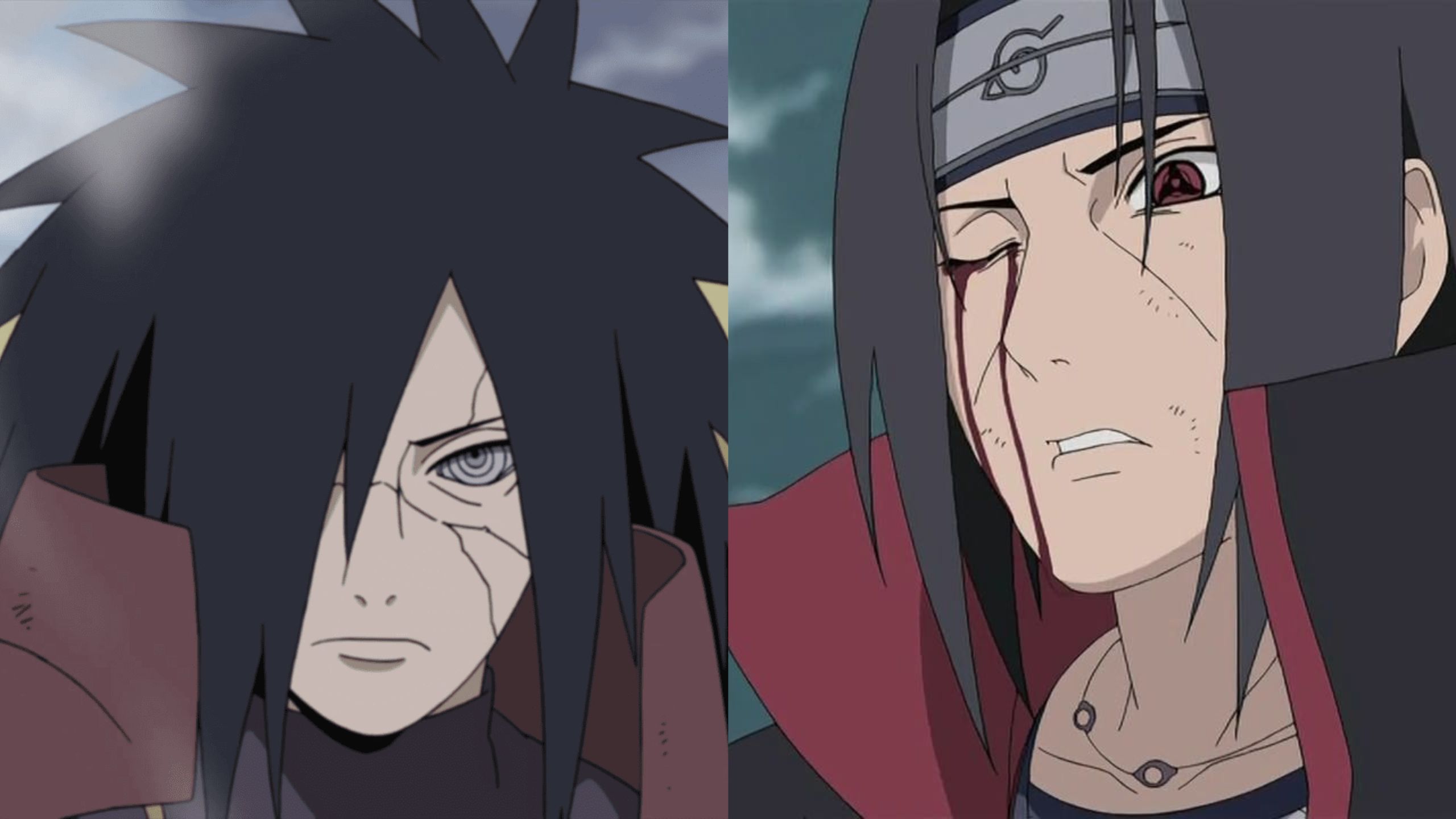
If Itachi had lived longer, it raises questions about how other characters would evolve in response.
For example, would Sasuke have remained as driven by revenge, or would his journey have taken a different course?
Would Naruto and the other characters have experienced the same growth without the catalyst of Itachi’s death?
Moreover, Itachi’s role as a tragic hero is deeply intertwined with the themes of the series.
His sacrifices contribute to the final message about the futility of revenge and the importance of understanding one’s past.
A healthier Itachi could dilute the emotional impact of his character and lessen the significance of his sacrifice for the greater good.
Nature of Itachi’s Character
Additionally, the essence of Itachi’s character is defined by his struggles and burdens. He carries the weight of his decisions, and this internal conflict shapes who he is.
While a cure for his disease would undoubtedly enhance his physical capabilities, it is worth questioning whether it would change his worldview.
Would Itachi, a character deeply aware of the pain caused by his choices, truly embrace a life free from illness, or would he still grapple with the consequences of his actions?
A World of Possibilities
Ultimately, the idea of Itachi Uchiha receiving Hashirama’s cells and becoming a healthier, more powerful version of himself is an intriguing exploration of “what ifs” within the Naruto universe.
While it offers a tantalizing glance into the possibilities of a different timeline, it also highlights the tragic beauty of Itachi’s original story.
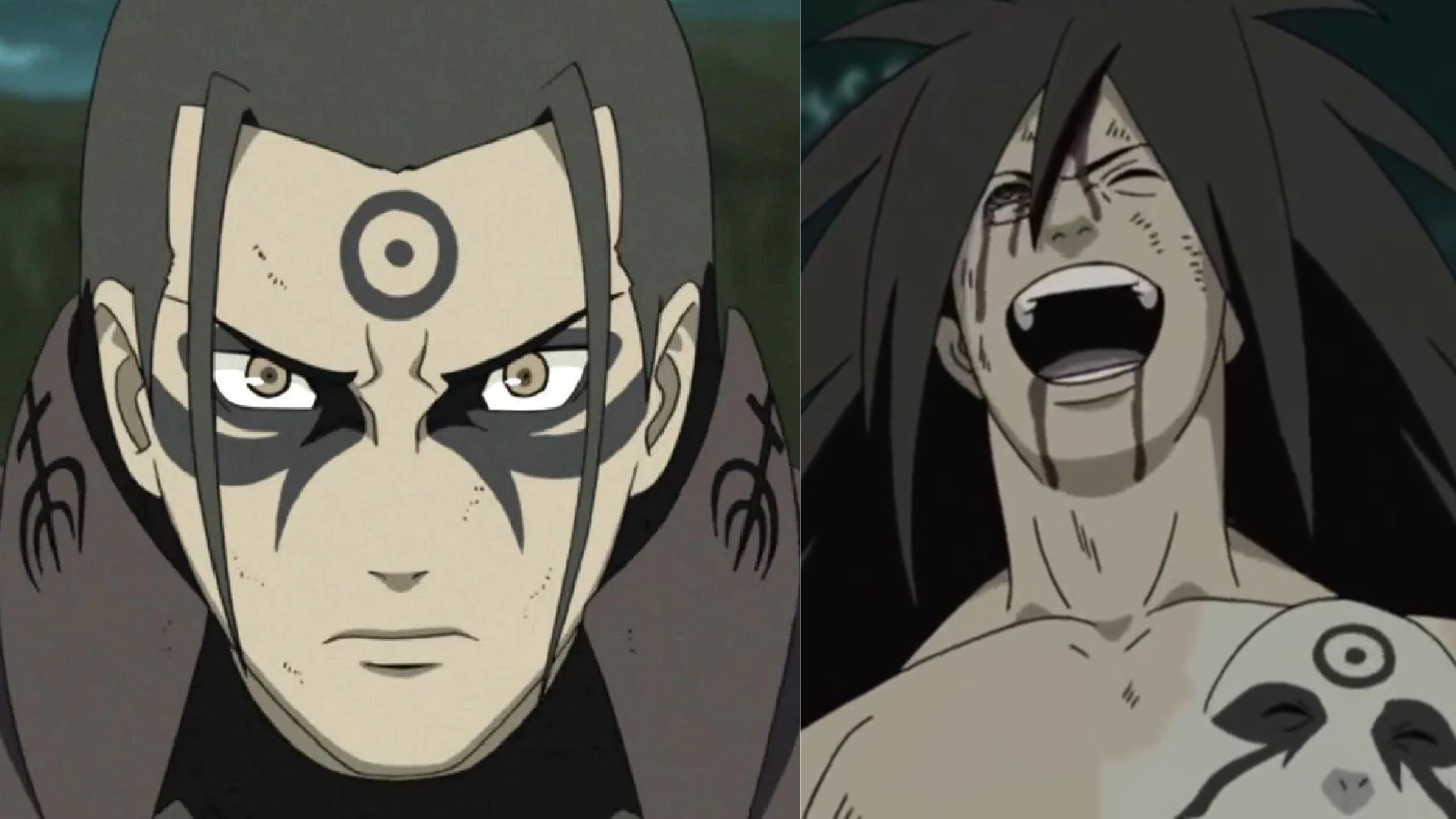
His journey, marked by sacrifice and redemption, is a poignant reminder of the complexities of human nature and the choices we make.
In contemplating a world where Itachi survived, we are invited to reflect on the themes of peace, understanding, and the possibility of change.
The world of Naruto is rife with conflict, but it is also a testament to the potential for growth and healing.
While Itachi’s character may have met an untimely end, his legacy continues to inspire discussions about the nature of heroism and the power of redemption.
As fans of the series, we can appreciate the depth of the narrative and the myriad ways in which characters like Itachi have shaped our understanding of sacrifice and the pursuit of peace.
The story of Naruto remains a rich world for exploration, inviting us to ponder the infinite possibilities that lie within its pages.

